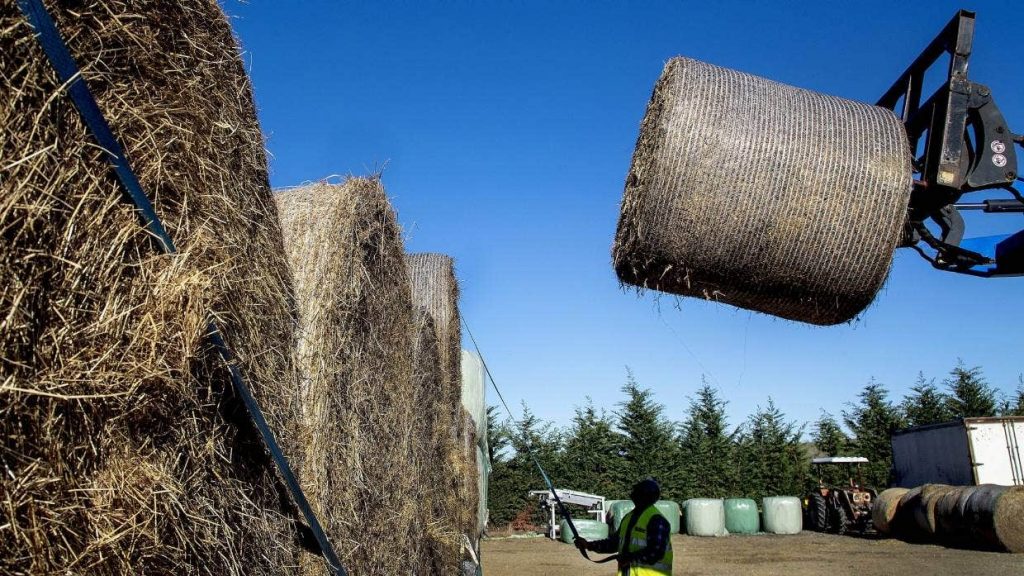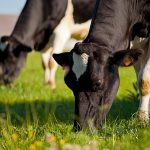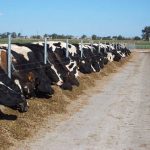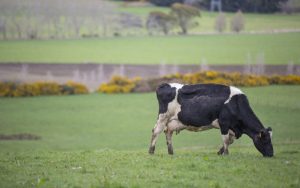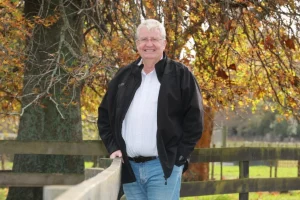
Federated Farmers Manawatū-Rangitīkei president Murray Holdaway said the region bounced back after last summer’s drought with an exceptional winter and good spring growing season.
The trouble is the Filipino, Indian and Pacific Islander seasonal workers the sector relies on in busy periods can’t enter the country due to the pandemic.
And there aren’t enough Kiwis with specialised skills to operate large and sophisticated modern farming machinery, he said.
Holdaway said farmers were stressed because they didn’t have enough workers to properly process everything – and many were having to pull longer hours themselves to keep up.
This meant processing was taking longer, and producing lower quality feed, which could impact the region’s ability to weather another dry summer, if it comes to that, he said.
Tararua District Council was already bracing for another drought, as long-range forecasts predict a hot and dry summer for the district.
But Holdaway, who also chairs Horizons Regional Council’s Adverse Events Committee, said it was too early to know if Manawatū would face another severe dry spell.
The Ministry of Primary Industries was already reaching out to the region’s farmers to plan potential support and relief efforts if it came to that – which was appreciated, he said.
Foxton-based agricultural contractors Fleming Bros co-owner Dion Fleming said the sector’s troubles were going to have a big impact on the whole season.
Fleming said most contractors have three to five full-time staff, and bring in another 10 or so temporary workers each season. But few are able to do so this year.
“Anyone with the skills to drive tractors or operate these machines is in high-demand, right across the country.
“The people that are available are getting sucked up by the bigger outfits.”
Fleming said bounce back in crops over winter and spring after last summer’s drought had become a double-edged sword.
“There’s been amazing growth, so everyone’s got more to deal with.”
In days past, farmers could make do with roping in family and friends to help, but that wasn’t as viable nowadays, he said.
“These aren’t the little farm tractors you could get your older kids to drive fine, these are big, 400 horse power, GPS guided machines.”
The worker shortage was already having flow-on effects that would reduce crop yields over the coming season – For example the window for maze planting was rapidly closing.
“November 14 is the date talked about for the latest [ideal] time to plant, and that was Saturday. But there’s still a lot of maze that hasn’t gone in.
“And there’s a lot of fruit and veg rotting on the ground out there too. Pickers haven’t been able to get the tourists and seasonal workers that usually help with their harvest.”
Fleming said many farmers in Manawatū and neighbouring districts hadn’t fully replenished their feed reserves after the drought, so the difficulties with feed processing was a little worrying.
Despite that, the region was in a much better place to withstand a potential drought than it was last summer.
“We’re going to get everything processed, it’ll just be lower quality feed, which isn’t ideal but it will get us through.”
Covid restrictions on imports that complicated the drought response last summer have been lifted – so alternative feeds such as palm kernel should be available to supplement any shortfalls.
